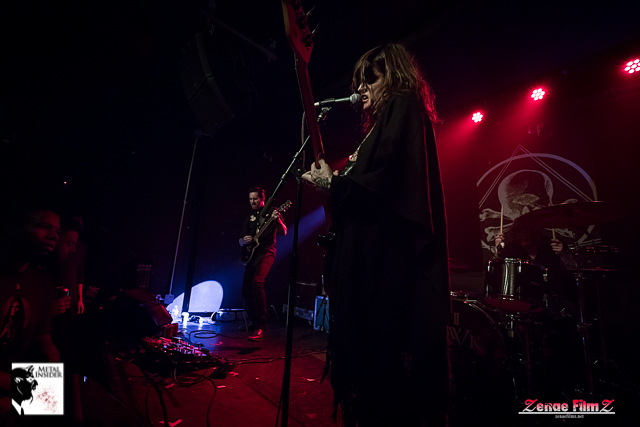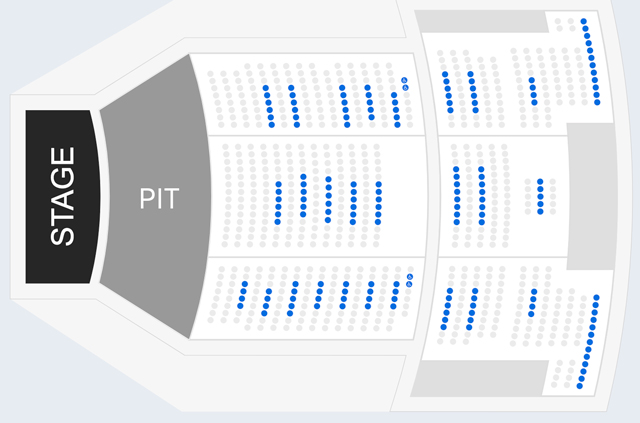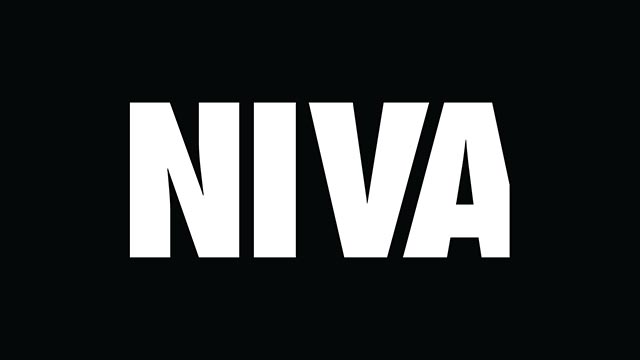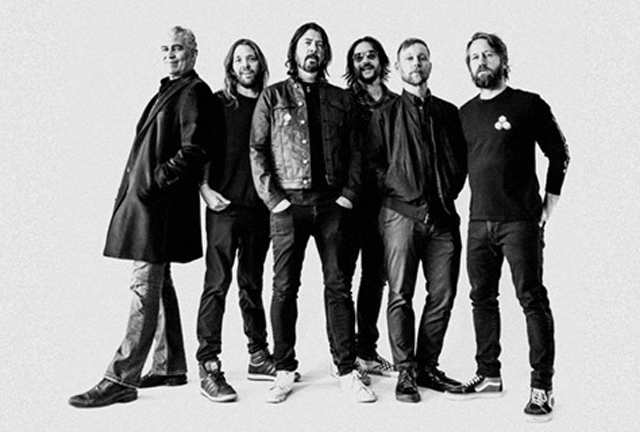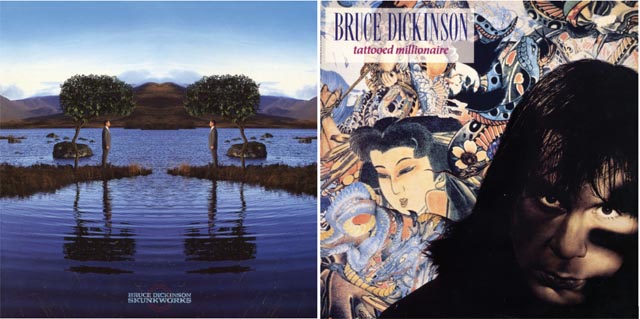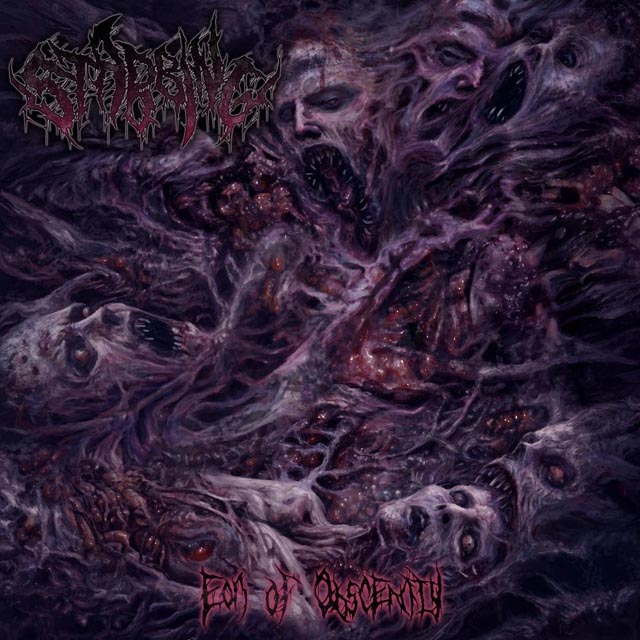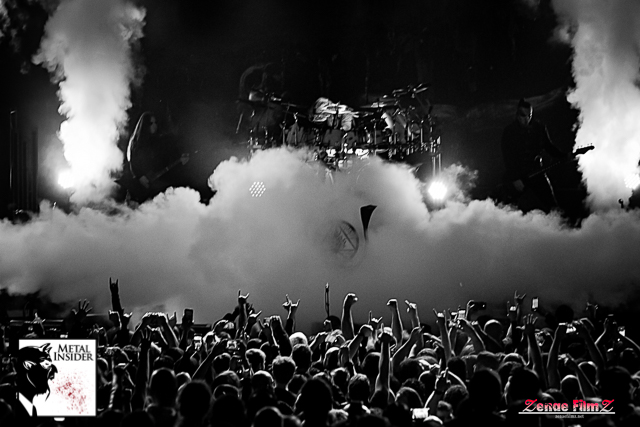
The National Independent Venue Association (NIVA) has come out with a bleak new report on the state of independent venues during the COVID-19 pandemic lockdown.
According to the association’s most recent policy and facts sheet, a survey of their 2000 member venues found that 90% would be forced to close down permanently over the next few months without some sort of federal aid. As it stands, the current PPP (Paycheck Protection Program) funding will not be enough to sustain these venues, who still have to contend with mortgages and/or rent, taxes, loans, and insurance payments even though they are not taking in any money.
The report goes even further, listing even more statistics about what could happen if small venues stay closed through the rest of the year. According to Pollstar, an estimated $9 billion could be lost from ticket sales alone, even more if you count what the venues make from food and beverage sales. In addition, attendance at small venues generates more money for artists and the local economy, providing an estimated direct annual economic impact of nearly $10 billion. Artists make more than 75% of their income from live shows. Surrounding establishments and businesses, including restaurants, hotels, taxis and retail, earn $12 for every $1 spent on a concert ticket.
Venues were the first places to be shut down, closed before anyone knew how devastating the pandemic would be. Such left venues without income or work for staff, an issue that will last for the foreseeable future. They will also be the last to reopen fully, as large gatherings of people are still considered rather dangerous for spreading the virus. It is likely that venues will not be at full capacity until at least 2021 and unless all venues in the country can be 100% open (the report states that anything under full capacity is “not economically feasible”), the nationwide-nature of tour routing is nearly impossible.
Diagrams of how the pandemic is affecting touring are included at the end of the policy and facts sheet. One chart shows how primary hub spots for national tours, many of which have also been COVID-19 hotspots, affect routing across the country. Another shows concerns on the local, regional, national and international levels that could affect touring.
“The complete and instant shut down of every venue is devastating,” said NIVA president/CEO of Minneapolis’ First Avenue Productions Dayna Frank in a statement regarding the contents of the new report. “Revenues have ceased, but overhead hasn’t. We’re fighting for the future of our industry, our beloved venues and our communities. This is the one time we’re asking for assistance to do that. Without it, we fail. With it, we can once again be the gathering places that bring back our communities. With it, we will stand on our own feet and once again generate economic gains for businesses around us and the tax base of our towns and cities.”
Aside from the data the association has collected, the policy and facts sheet also provides a detailed description of what they are asking of Congress. This includes support of the Restart Act (S. 3814) “and other like-minded proposals that tailor the PPP program to work for shuttered businesses like ours that have zero revenue, high overhead and no clear timeline for reopening,” tax relief benefits and continued unemployment insurance benefits.
The National Independent Venue Association was started in the early days of the COVID-19 pandemic in an effort to “secur[e] financial support to preserve and nurture the ecosystem of independent live music venues and promoters throughout the United States.” The association currently includes more than 2,000 venues from all 50 states and Washington D.C. More than 600 artists have put their support behind NIVA’s efforts, including the likes of Alice Cooper, Patti Smith, Willie Nelson, Billy Joel, Lady Gaga, Cyndi Lauper, Joni Mitchell and Neil Young among them.
NIVA encourages people to take action to save independent venues by joining their “Save Our Stages” campaign. The campaign asks that you fill out their form, which sends a letter to lawmakers asking them to support bill S. 3814.

